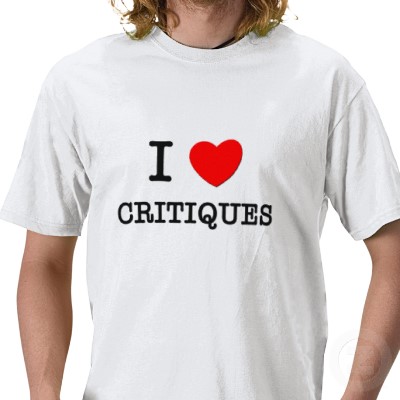I’m Not an Expert, But Neither are You

I remember the first time I heard Ewan Mcintosh speak. He invited the crowd to be critical of his talk and to feel free to disagree with anything he said. That was the first time I had ever heard a person of authority, in a public setting, invite criticism in such an overt manner. I’ve since used that idea often when I talk.
Jose Vilson writes about why teachers need to see themselves as experts. This cannot be understated. Although while I understand what Jose is saying, my belief is that none of us are experts in the sense that we know it all but rather teachers are no less of an expert, and as Jose says, maybe more than those who don’t work directly with learners. I used to believe the Internet might be used to break down this hierarchy in the way I’d experienced. Through blogging, in particular, I found a space to share ideas and thoughts and positioned them in a way that was not about authority but about community. Today, it seems the vast majority of teachers who call themselves connected, live largely if not exclusively, in spaces like Twitter. They don’t see themselves as experts but rather bask in connecting with others who are proclaimed or self-proclaimed experts. I’ve heard the word “edu-celebrities” tossed around and at times, I have even been categorized as such. I call BS.
I’m no more an expert on education than the woman teaching Kindergarten in rural Arkansas. The only difference is I write and speak about it more than she does. But her ideas and experiences matter just as much.
My early advocacy for sharing was built around Clay Shirky’s belief that the web was a move towards the democratization of information and ideas. The newfound ability to publish instantly to anyone was both a revolutionary idea as well as a liberating one. Before my colleagues were publishing books or speaking at high profile events, we were all just sharing. It made me realize my voice was every bit as important as anyone else’s. I had good ideas, they had good ideas, no one had a monopoly on them and given the complexity of teaching and learning and education, no one had all the answers. It was a community of people trying to do good work.
When people falsely see themselves as more expert than others there is a potential danger. They can take this perceived authority and personify it in unusual ways. I had a friend in college who really challenged me and we had many great conversations about a variety of things. He went on to become a pastor. Years later I went to hear him speak and he sounded like a caricature of a fire and brimstone preacher and also had a weird undetectable accent. It felt I was being talked down to. I actually gave him a hard time after and asked about it. He said that’s what people expected. I disagreed but realized he was probably right in that people often expect and sometimes like that approach not just in church but in lots of settings.
I’ve seen this same phenomenon happen in education. Some “experts” in education fall somewhere between a preacher and a used car salesman in the way they present their ideas both online and in person. While not an educator, people like Gary Vaynerchuk are prime examples. I actually like much of his content. But Gary’s persona is to come across as a futurist, in your face, drop a lot of f bombs almost to intimidate or shock his audience. Minus the f bombs, many educators love this kind of authoritarian approach and wouldn’t think to question the ideas. I see many “edu-celebrities” adopting this style. They write using words like “teachers must” or “teachers should never” and sometimes speak like they’re closing a deal on a time share. They have shifted from our colleagues to a status that makes them untouchable.
While this isn’t my style, I understand why it’s done. People like it. As educators, we’ve been told how badly we’re doing and anyone who presents themselves as having answers is given undue laud. This is our fault as educators. We’ve relinquished our expertise and given it to others. Jose suggests it’s the systems fault. Perhaps to some degree, but I also think those of us who have become “connected educators” also bear some responsibility. There is little questioning and contributing but lots of amens.
Tools and ideas to transform education. Sign up below.
When was the last time you critiqued someone you’ve acknowledged as an expert? I’m not suggesting calling out people or getting into some kind of fight but simply a question presented in a civil manner. Heck, have you even privately questioned that person? No one likes to be criticized, myself included, but when done respectfully, it makes us better. We talk about critical thinking all the time but honestly, there are some people agree blindly with everything they see from their defined experts.

So I’ll leave you with a couple of questions.
- Do you see yourself as an expert? If so, how are you sharing your “expertise”?
- When is the last time you critiqued an idea someone shared?
I invite you to critique me. I’m not an expert, any more than you are.
cross-posted at ideasandthoughts.org
Dean Shareski is the Community Manager of the Canadian DEN (Discovery Educators Network) and lecturer for the University of Regina. With 24 years of experience as a K12 educator and consultant, he specializes in the use of technology in the classroom. Read more at ideasandthoughts.org.
Disclaimer: This weblog contains the opinions and ideas of Dean Shareski. While there may be references to my work and content which relates directly to my work, the ideas are mine alone and are not necessarily shared by my employer.
